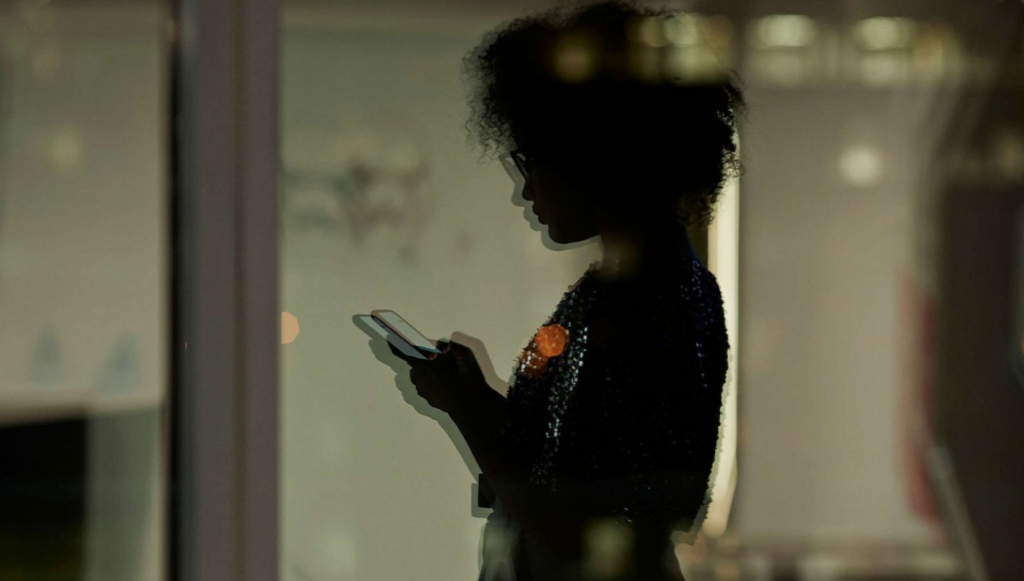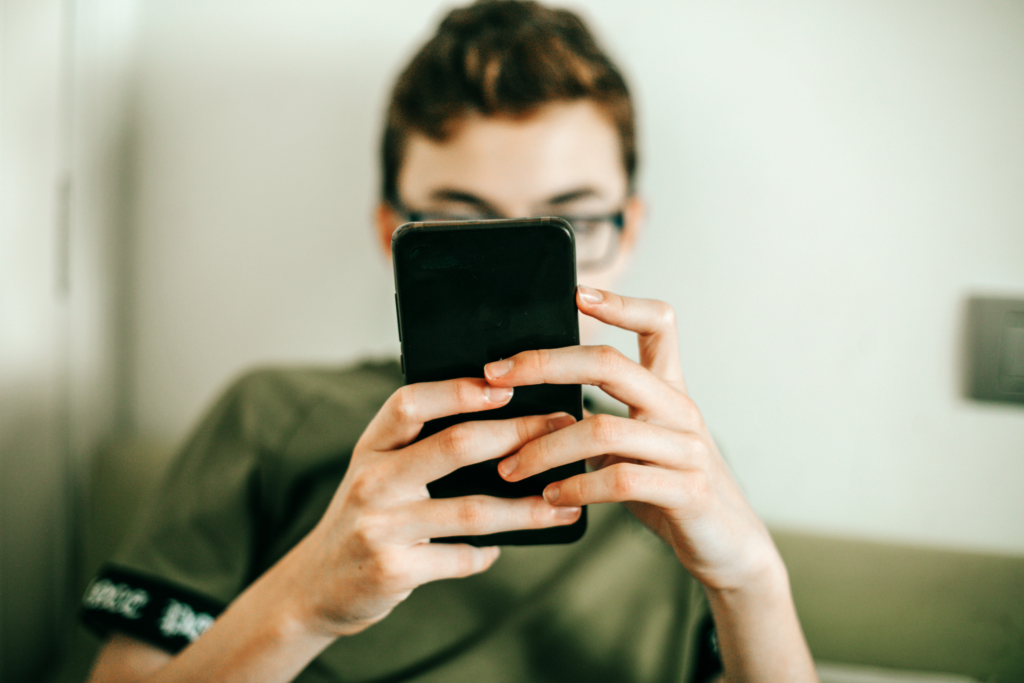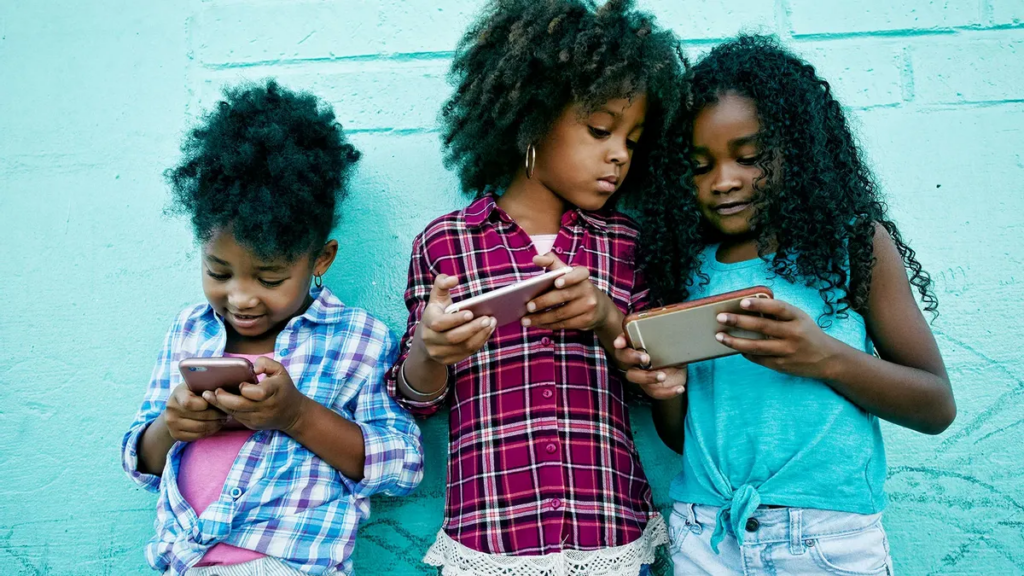Surgeon general says social media causes teen mental health crisis 2023

Surgeon General Vivek Murthy, a mental health advocate, warns that social media use is a major cause of sadness, anxiety, and other issues in teens.
Tuesday’s analysis raises worries about social media’s impact on children and adolescents’ mental health. The advise asks politicians and social media firms to help parents manage children’s and teenagers’ social media use.
Murthy considers juvenile mental health “the defining public health issue of our time,” pushing legislators to create robust safety regulations to safeguard minors from hazardous content and excessive use.
The research found that 95% of 13–17-year-olds use social media. 30% said they use social media “almost constantly.”
“We do not have enough evidence to say with confidence that social media is sufficiently safe for our kids,” Murthy said in an interview. “We must act to protect our children.”
A 2019 study found that teens who spent more than three hours a day on social media “faced double the risk of experiencing poor mental health outcomes, including symptoms of depression and anxiety.”
Last year, questioned eighth- and 10th-graders spent three hours and 30 minutes on these sites.

Jim Steyer, founder of Common Sense Media, an organization that promotes child-friendly media laws and policies, called the advisory “absolutely spot on” and “should be a clarion call to every parent in this country, every policymaker, that we need to put focus and resources into this effort.”
Adolescents use TikTok, Snapchat, and Instagram most.
Over the past decade, teenage despair, unhappiness, and hopelessness have increased, especially among females.
“Teen depression started to rise around 2012, a time that coincides with the popularity of smartphones,” said San Diego State University psychology professor Jean Twenge, author of “Generations: The Real Differences between Gen Z, Millennials, Gen X, Boomers and Silents—and What They Mean for America’s Future.”
“‘Likes’ on posts became common, and the algorithms started to become more sophisticated to keep people on social media longer,” Twenge said. That’s no accident.”
The surgeon general’s study blamed social media for eating disorders, bodily dysmorphia, and poor self-esteem. Excessive social media use may also cause teen ADHD.
Twenge said social media affects mental health in many ways. She added sleep and face-to-face social connection are good for mental health, but youngsters shouldn’t be online when they should be sleeping or with friends.
Comparing oneself to others and feeling excluded are also harmful.

“Even if you know on an intellectual level that they may have taken 200 selfies to get the right one,” Twenge said, “at an emotional level, that’s not really processed.”
What’s possible?
The surgeon general’s report advises politicians and tech corporations.
“Policymakers need to step up and help ensure that we have strong safety standards, to help protect our kids from harmful content and excessive use,” Murthy added. Enforcing age minimums.
Companies should improve adolescent protection measures and relax restrictions on aspects that keep minors online.
Parents now guide teenagers online. The research advises parents to set up “tech-free” zones and talk to youngsters about social media’s effects.
It’s unfair to blame parents. Why isn’t the industry accountable for establishing platforms and making features more addictive?” Common Sense Media’s Steyer. “A national debate is needed.”
What age should kids use social media?
Most IT businesses demand 13-year-olds. The survey found that roughly 40% of 8–12-year-olds use social media.
Murthy said that 13 is too young for social media, but there wasn’t enough research to determine a suitable age.
Twenge recommended a 16-year-old minimum.
“Let’s get some regulations in place now to help kids who are not yet on social media,” Twenge added. We might save the next generation.
